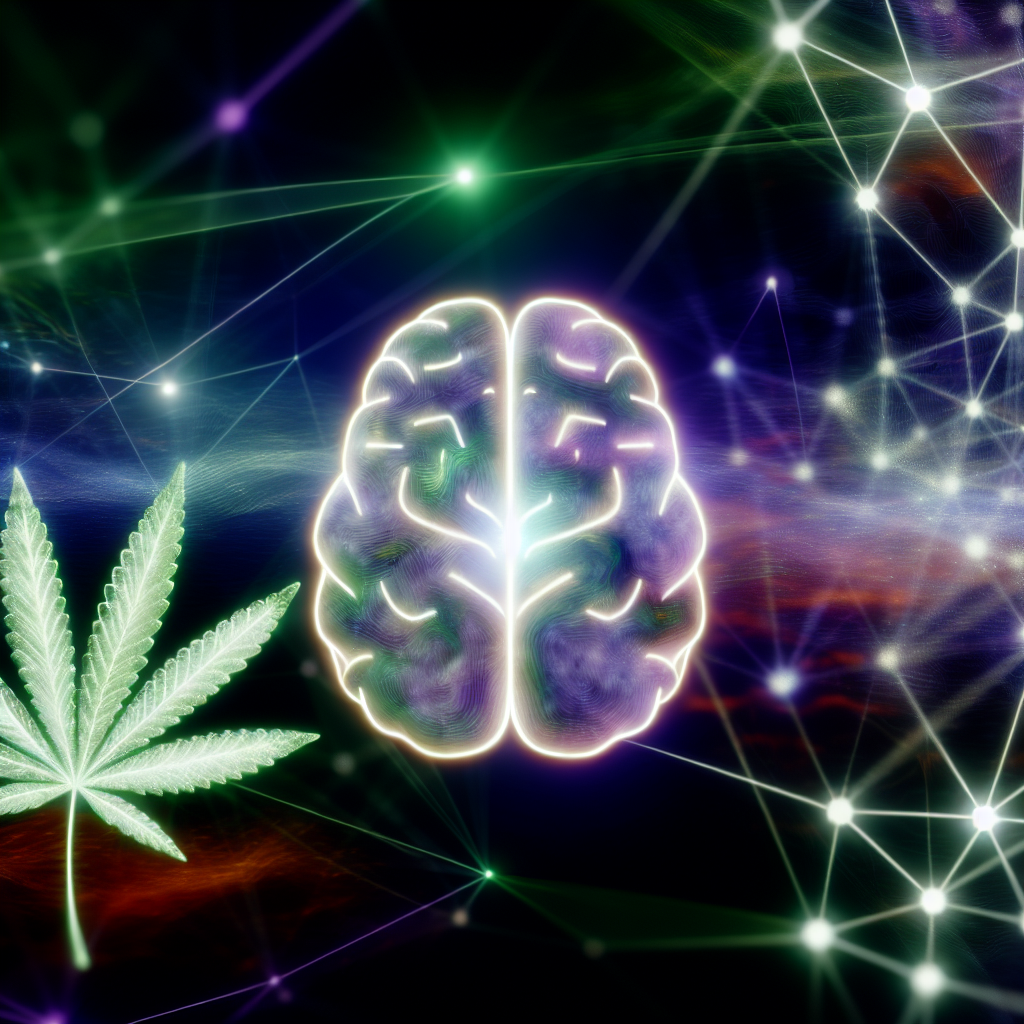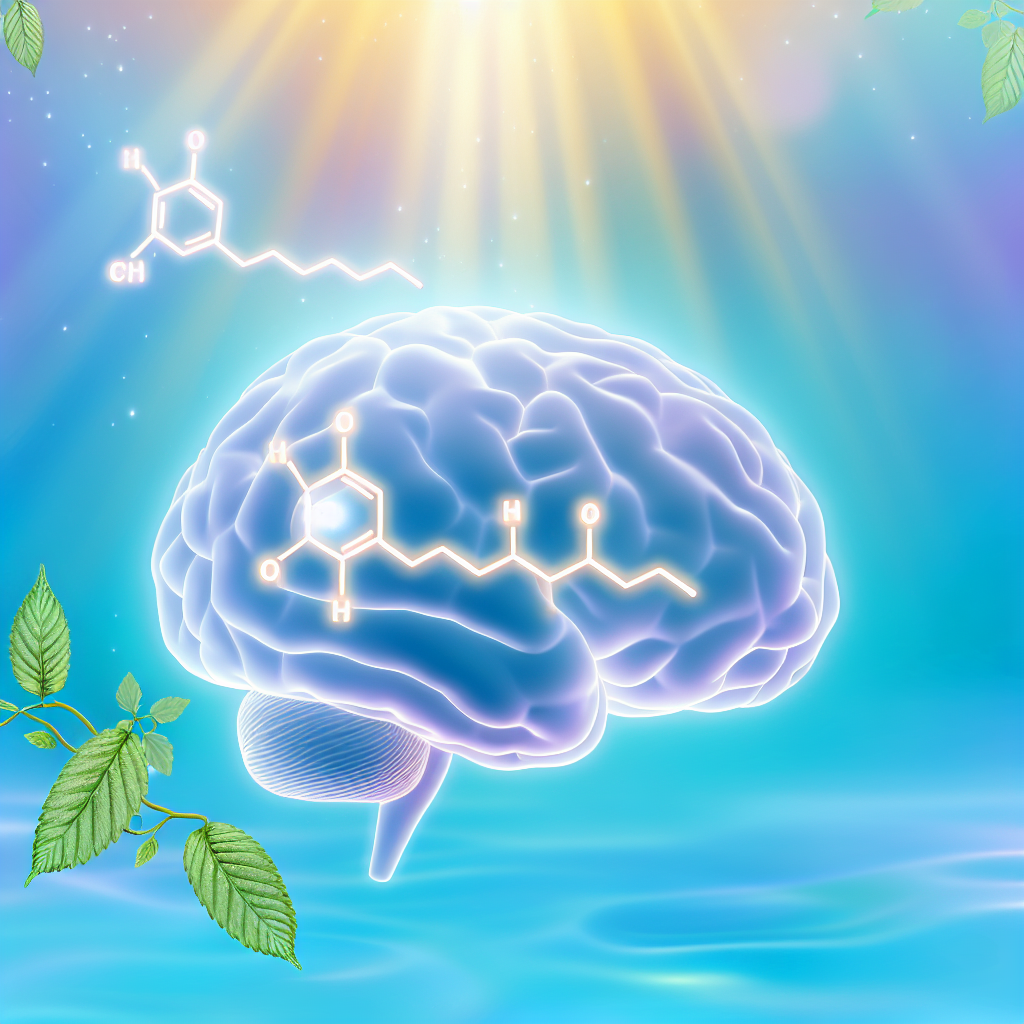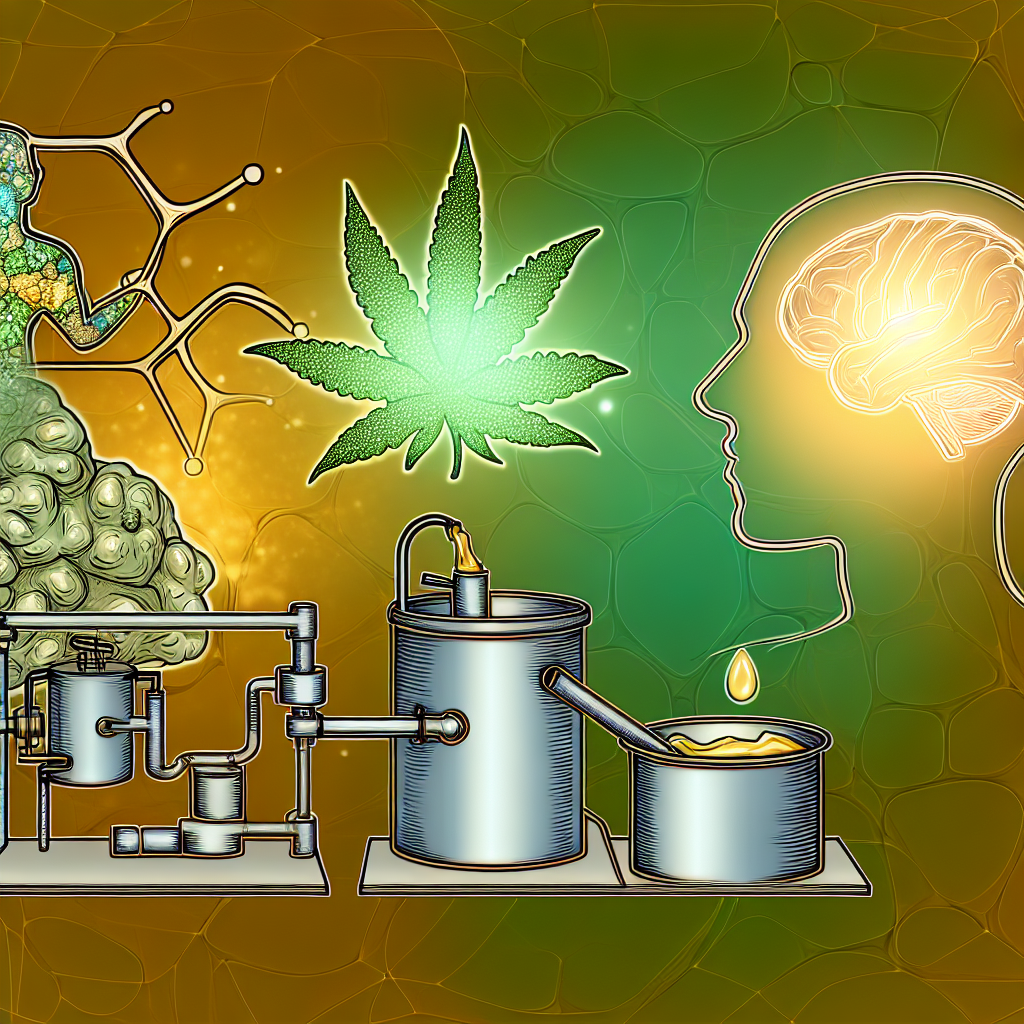Occurrences of THC overdoses, the main psychoactive component present in marijuana, are rare, even among individuals who consume it regularly. Overindulging in cannabis can result in dangerous outcomes, such as increased anxiety or paranoia, psychotic reactions marked by hallucinations and delusions, and raised heart rate or blood pressure. These symptoms can lead to seizures or a potentially fatal condition known as a hypertensive crisis or stroke.
Marijuana is relatively less harmful than specific illicit substances, such as cocaine or heroin. However, it does cause impairment, mainly when used at the same time as other narcotics or by individuals with specific medical conditions. Consuming THC can potentially trigger a reappearance of symptoms related to schizophrenia and impair one’s capacity to drive or engage in physical activities.
When THC is consumed or inhaled, it quickly enters the brain and causes psychoactive effects.
As per the National Highway Traffic Safety Administration, marijuana is the second most commonly detected psychoactive substance in drivers, after alcohol.
THC, the primary psychoactive component present in cannabis, enters the bloodstream and attaches to endocannabinoid receptors situated in specific areas of the brain responsible for controlling cognitive functions, memory, pleasure, motor skills, and coordination. These receptors are located in the brain’s cerebral cortex, cerebellum, and basal ganglia. When THC is consumed or inhaled, it quickly enters the brain and causes psychoactive effects such as relaxation, pain relief, and a feeling of euphoria.
Although the likelihood of overdosing on THC is minimal, increased amounts of the substance can be concerning for specific populations, particularly young children, older adults, and individuals with preexisting health conditions such as heart disease or lung disorders. Individuals who regularly consume edibles and other products containing THC should exercise extra caution because there is a possibility of higher dosage.
Smoke caused a faster increase in heart rate and blood pressure.
In a recent study conducted by researchers at the University of California San Francisco (UCSF), rats were exposed to Marlboro Red cigarette smoke, aerosol (“vapor”) from the popular e-cigarette JUUL, the IQOS heated tobacco product or modified marijuana without cannabinoids, along with clean air, for eight weeks.
When comparing smoke with vapor and non-smoked items, it was found that smoke caused a faster increase in heart rate and blood pressure.
Furthermore, smoke has supplementary detrimental impacts on health. For example, it can produce strong odors that endure for a more extended period than vapor and can irritate the nasal passages and throat. Moreover, the documented existence of tar and other cancer-causing components in cigarette smoke is known to cause damage to the heart and lungs, thereby increasing an individual’s vulnerability to stroke or cardiovascular diseases.
THC possesses the capacity to exacerbate symptoms linked to depression, anxiety, PTSD, ADHD, schizophrenia, and bipolar disorder.
If someone is experiencing severe or life-threatening symptoms, it is crucial that they immediately seek emergency medical attention by calling 911 and asking someone to take them to the hospital. People who have chronic illnesses or underlying diseases may need oxygen support or medications to manage their symptoms effectively.
THC possesses the capacity to exacerbate symptoms linked to depression, anxiety, PTSD, ADHD, schizophrenia, and bipolar disorder. Hence, individuals afflicted with these disorders should exercise heightened vigilance when consuming cannabis. Healthcare professionals can help individuals decrease their usage and address other issues, such as sleep disruptions or gastrointestinal problems contributing to their pain.




